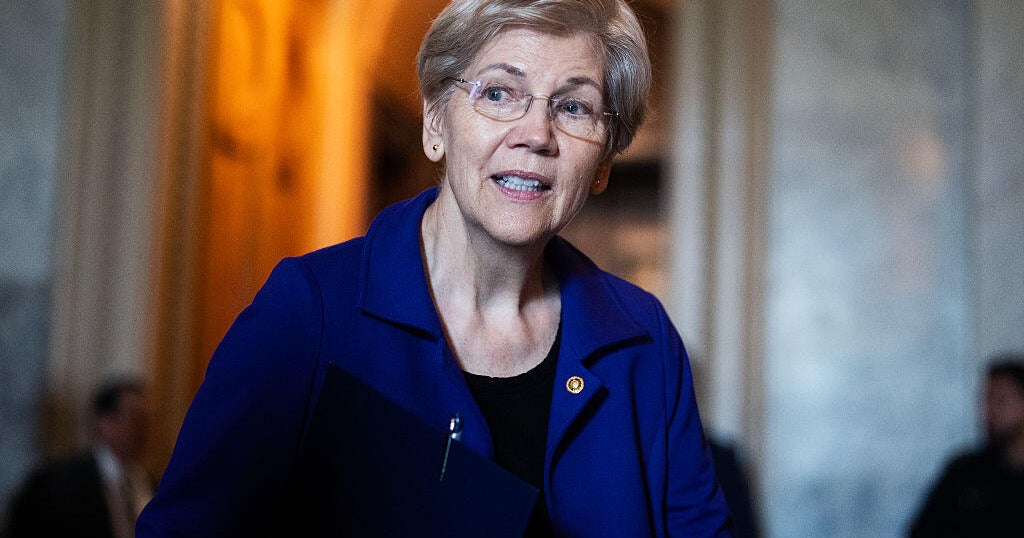Trump Tightens Travel Restrictions: 12 Countries Banned, 7 Face Partial Entry Limits

In a significant shift in US immigration policy, former President Donald Trump’s administration has reimposed stricter travel restrictions, effectively banning entry for foreign nationals from 12 countries and imposing partial limitations on travel from a further seven. The move, announced late last week, has sparked immediate debate and raised concerns about its impact on international relations and family reunification.
Which Countries Are Affected?
The 12 countries facing a complete travel ban are primarily those with predominantly Muslim populations and those deemed to have high-risk terrorism profiles. While the specific list has evolved over time, it has consistently included nations such as Iran, Libya, Somalia, Syria, Yemen, and North Korea. The seven countries facing partial restrictions include Nigeria, Myanmar, Eritrea, Kyrgyzstan, Sudan, Tanzania, and Venezuela. These restrictions typically involve enhanced vetting procedures, stricter visa requirements, or limitations on the types of visas available.
Rationale Behind the Policy
The Trump administration justified these travel restrictions as necessary to protect national security and prevent potential terrorist threats. Officials argued that these countries lacked adequate screening protocols or posed significant risks to the United States. The policy was initially introduced in early 2017 and has faced numerous legal challenges throughout its existence. Proponents of the ban have consistently maintained that it is a vital tool for safeguarding American citizens.
Legal Challenges and Court Battles
The travel ban has been the subject of intense legal scrutiny since its inception. Critics have argued that the policy is discriminatory, violates due process rights, and is rooted in religious bias. Numerous lawsuits were filed challenging the ban, and federal courts have issued conflicting rulings. The Supreme Court ultimately upheld a revised version of the ban in 2018, but the legal landscape remains complex and subject to ongoing challenges.
Impact and Reactions
The reimposition of these travel restrictions has been met with a range of reactions. Advocacy groups and human rights organizations have condemned the policy as harmful and unjust, highlighting the impact on families and individuals seeking to reunite with loved ones. Business leaders have expressed concerns about the potential disruption to international trade and investment. Governments of the affected countries have also voiced their disapproval, citing the policy as discriminatory and detrimental to diplomatic relations.
Looking Ahead
The future of these travel restrictions remains uncertain, particularly given the shifting political landscape. The Biden administration has already taken steps to reverse some of the Trump-era policies, but the legal challenges and national security considerations continue to complicate the issue. It's likely that the debate over immigration policy and national security will remain a central topic in American politics for the foreseeable future.
This latest development underscores the ongoing tension between border security, national security concerns, and international relations. As the situation evolves, it will be crucial to monitor the legal challenges and assess the long-term impact of these policies on both the United States and the affected countries.






